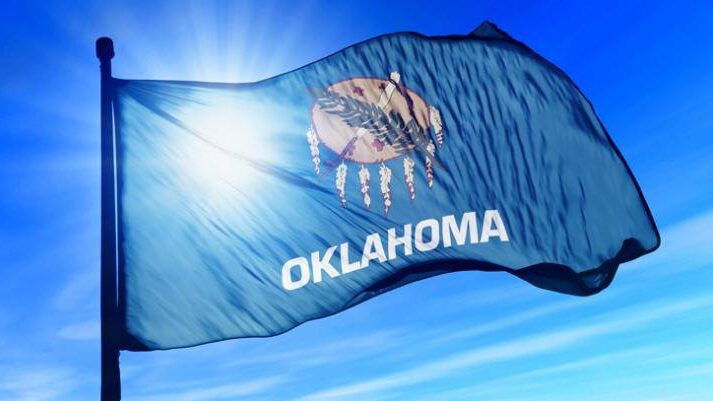
Oklahoma lawmakers just started their regular session for 2024 and a sports betting bill is already up for consideration.
Let’s delve into this latest attempt and analyze its potential impact on the thriving online sportsbooks industry.
Hopes for Success
Sen. Cassey Murdock introduced SB 1434, which would authorize the Oklahoma Lottery Commission to host sports betting in the Sooner State.
It’s also being called the “Oklahoma Lottery Education Act.” The Senate Rules Committee referred the bill to the Appropriations Committee.
In 2023, Oklahoma lawmakers attempted to advance sports betting. However, the bill failed in the Senate after passing in the House. Murdock hopes this version will fare better.
Governor Supports Sports Betting…But
Oklahoma Gov. Kevin Stitt has publicly supported establishing a local betting market. However, ongoing disagreements between Governor Stitt and the state’s tribes could get in the way.
In 2020, Governor Stitt attempted to negotiate gambling agreements with two of the state’s tribes, sparking immediate backlash. Consequently, the state’s tribal association expelled those two tribes.
When you take into account that Oklahoma is one of the largest tribal gaming states in the country, you start to understand how daunting this task might be. The Sooner State is home to nearly 40 tribes that run over 125 casinos.
The Chickasaw Nation alone owns 23 gaming locations in Oklahoma, ranging from small setups at travel stops to the massive WinStar, recognized as the world’s largest casino. Numerous other tribes operate multiple gaming locations, including the Cherokee Nation, Choctaw Nation, Muscogee Nation and the Osage Nation.
What’s Different About This Bill?
The proposed legislation would not only regulate both online and retail sports betting, but it would enable federally recognized Native American tribes to offer in-person sports betting by entering into compacts with the state.
The tribes would need to negotiate their compacts with the governor and secure approval from the Oklahoma Legislature’s Joint Committee on State-Tribal Relations to obtain a license.
Sports Betting Could Generate Millions in Oklahoma
Applicants would have to pay a $500,000 licensing fee and an annual $100,000 fee. The responsibility of issuing permits would lie with the Oklahoma Lottery Commission.
Sports pool retailers could operate as either brick-and-mortar establishments or internet-based platforms. Online sportsbooks would be subject to a 20% tax rate, while retail establishments would face a 15% tax rate. Experts project that the betting market could generate over $9 million in tax revenue, which would be used to support gambling addiction programs, education, and administrative costs.
“I promised Oklahomans if we pursued sports betting, we would do it right— and this plan does just that,” Stitt said in a press release. “Thirty-five states have already legalized sports betting, and it’ll be a great revenue stream for the state. Tribes will be able to add it onto their existing infrastructure, and Oklahomans can access it right from their phone.”
Lawmakers Must Find a Way to Work Together
Rep. Ken Luttrell leads a group of lawmakers who work with Native Americans. He and Sen. Bill Coleman tried to pass a bill last year that would have added in-person and mobile sports betting as a supplement to the state’s model gaming compact with the tribes.
The bill passed in the House but failed in the Senate. It can be tried again, now that the new legislative session has started.
Littrell told KOSU News that Stitt’s idea and Murdock’s bill would break the gaming agreements the state has with the tribes and that Murdock’s bill would not go far.
Murdock said he wants to work with Coleman to find a way to make sports betting legal that everyone can agree on. “I think we need to cooperate on this for the whole state of Oklahoma,” he said. “I’m willing to work with the tribes on this, but I also want chances for everyone in Oklahoma.”













